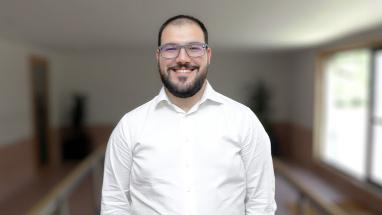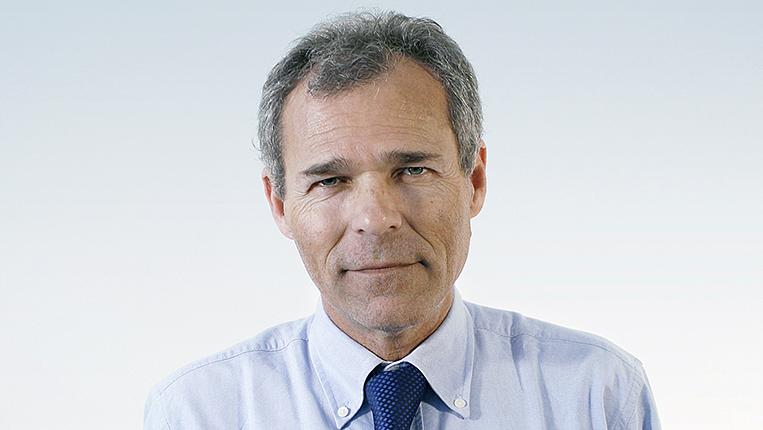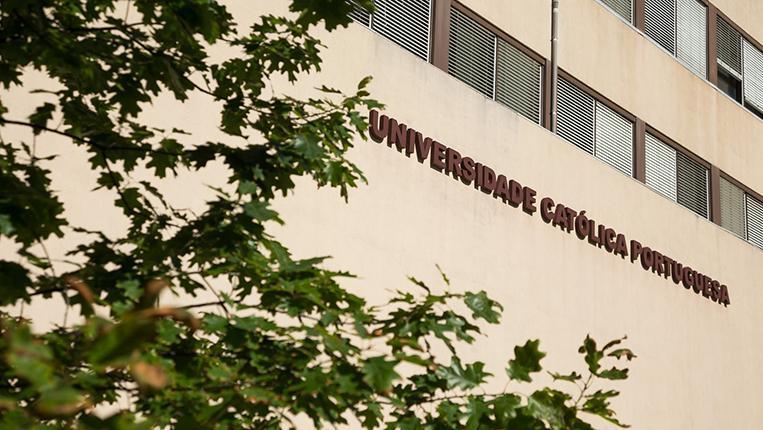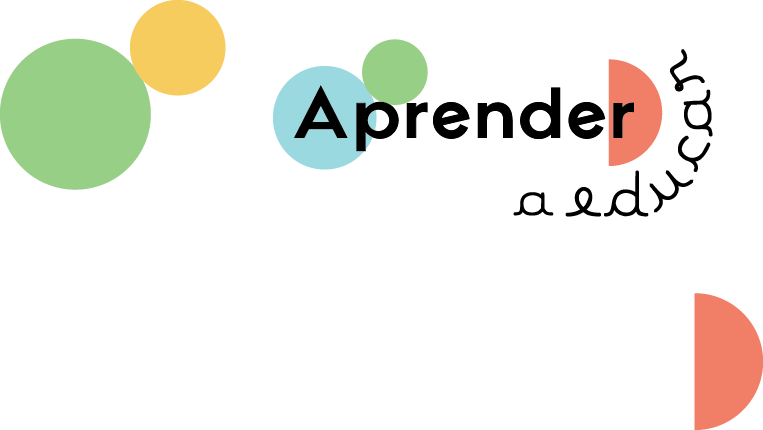
Pedro Ribeiro is 23 years old and is a doctoral student and researcher at the Faculty of Education and Psychology of Universidade Católica in Porto. With a Master's degree in Biomedical Engineering from the School of Biotechnology, he confesses that he "looks at technology with curiosity and hope." The research he is conducting is related to neuroscience, brain-computer interfaces, and their application in consumer behavior studies, areas he describes as "fascinating and promising."
How do you look technological advance?
Avoiding technology isn't really in my DNA (laughs). One cannot be afraid of technological advance, even though it raises some dilemmas. It's important to keep reflecting on it. I look at technology and its development with great curiosity and also with hope. There's a lot of talk about ChatGPT: I can only be expectant and very curious. The technology behind this interface is going to revolutionize the way, for example, research is conducted.
"Catholic University is highly recognized not only nationally but also internationally."
You studied Biomedical Engineering in London. How was the experience?
I've always liked English culture. What struck me the most was the type of education itself because it's very different from education in Portugal. In the field of Engineering, in particular, they have an extremely practical education and very industry-oriented.
When did the idea of coming to Universidade Católica to do your master's arise?
My initial plan was to proceed in London, but Covid-19 pandemic ruined my plans, and I ended up returning and choosing to do a master's in Biomedical Engineering at the School of Biotechnology. Sometimes, things happen for the best. I got to know Universidade Católica through a colleague of mine. It is a highly recognized university not only nationally but also internationally. Universidade Católica is very strong in course offerings, teachers, employability and research.
How do you inspire students to engage in research?
Universidade Católica is a good example of this because it promotes student participation in research projects a lot. It's a great asset because it ends up providing a very complete university experience. The connection to research is completely distinctive and is transmitted not only in classroom contexts but also in extracurricular activities. At Universidade Católica, students have the opportunity to participate in research clubs and present papers at national and international conferences.
"Brain-computer interfaces are what allow the brain to interact with technology."
After completing your master, you enrolled in the Applied Psychology doctoral program at the Faculty of Education and Psychology. You are conducting research within the Human Neurobehavioral Laboratory. What does your doctoral project consist of?
My doctoral project is part of the BioShoes4all project. I'm developing a classification system focused on consumer behavior. We know that the activity of various areas of the brain is very complex in decision-making, so we are classifying brain behavior when a certain individual looks at a certain product. I develop this project in an international environment, with the possibility of conducting studies in Spain and England, having supervisors from both countries.
"In the HNL, we are a very united team."
In addition to your doctoral thesis, you are also involved in other research projects at the HNL. You have been specifically dedicated to the brain-computer interface. What does it consist of?
The great future of how we perceive the brain does no longer solely involve studying anatomy or which areas are activated and where. Now we want to go further. When we connect a brain to a computer, we need to develop algorithms that, for example, read that the brain is active at a certain frequency, in a certain part of the encephalon, and we have to know what that means in cognitive, emotional, and functional terms. Brain-computer interfaces are what allow the brain to interact with technology. The future of this area is promising because in the context in which we live, it is an increasingly necessary resource.
What practical applications exist through these interfaces?
The combat and treatment of diseases, for example. A good case is that of a company whose primary goal is to develop a network of sensors and transmitters that are implanted inside the brain for the treatment of Alzheimer's and Parkinson's, Elon Musk's Neuralink. These sensors and transmitters will interact with a part of the brain, combined with artificial intelligence, to manage negative stimuli with positive stimuli modeled by the device and the computer.
"Curiosity and critical thinking."
How do you view multidisciplinarity in research?
I felt that crossing and connection between different areas of study a lot, especially because I started my master at the School of Biotechnology and within my thesis, I was also involved in projects at the Faculty of Education and Psychology. Since I've been a researcher at HNL and a doctoral student, I've experienced a very multidisciplinary environment in the laboratory. Engineers, like myself, have a much more objective point of view, and psychologists are much more constructivist and look more at subjectivity. Very interesting and unique projects are created with the contributions of all these areas. We end up being involved in various lines of research and in the work and communications of the various laboratory members. We live intensely this multidisciplinarity, especially because we are a very united team.
What characteristics do you think are important for the development of research work?
Curiosity and critical thinking.
How do you develop that?
I don't believe that you are born with these characteristics. I think it's something that develops. Education is essential for this. I teach some classes in Cognitive and Affective Neuroscience and I try to work with my students on their ability to think about the applicability of the knowledge they acquire and thus have critical thinking, that is, to think about what they want to do and how they can do it.
What do you like to do in your free time?
Watch series, movies, and read. My mother is a teacher and my father a journalist, so I have a beautiful library at home. I never run out of books to read.




